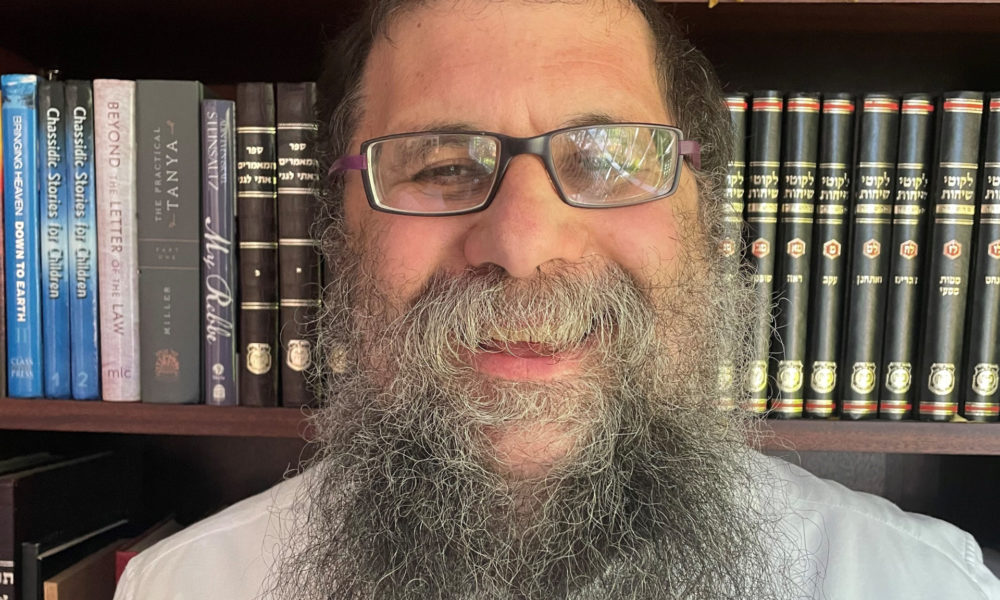Parshot/Festivals
Down with masks

Leave it to the Jews. The entire country is reeling in frustration at yet another extension of the State of Disaster. We cannot wait for the right to finally rip those dreaded masks off our faces. Two days later we willingly don face covers in celebration of the Purim festival. Literally, as the Book of Esther (9,1) records, “It was the opposite.”
Disguise seems to be a theme right through the story of Purim. Beginning with Chapter One, in which King Achashverosh dresses up in the garments of the high priest, part of the spoils of the destruction of the First Temple seven decades earlier, during a lavish party to celebrate his accession to the throne.
We are then introduced to Haman, a former barber and bath attendant in the small village of Karzum, who turns himself into a megalomaniac control freak who’ll stop at nothing to cover up his humble origins.
A few chapters in, we meet the queen, the Jewess in the palace, who goes to great lengths to hide her religion and true identity. Her real name is Hadassah but, in this story, she’s known as Esther, from the Hebrew hester for concealment. We also meet Mordechai, her close family member and confidante, who reminds her to keep their relationship secret throughout their clandestine meetings.
The ultimate facial masking is that of Hashem, who appears totally absent and disengaged throughout the Purim plot. So much so, that the Talmud, when looking for a Torah reference to Esther, quotes the verse, “And I will conceal [haster astir] my face on that day” – more than just a play on words.
Our classic commentaries explain that this paralleled the attitude of the Jewish people, who had lost pride in their identity and wore a “mask” to cover themselves, hoping for acceptance in the highest echelons of Persian society.
The plot unwinds when the masks begin to fall, when each of the protagonists in the story of Purim is uncovered for who he/she really is: Achashevorsh is nothing but a gullible, easily led, weak monarch; Haman a wicked, self-serving former hairdresser; Esther an altruistic Jewess, prepared to throw her life on the line for her people’s salvation; Mordechai her kin and worthy successor as second-in-command to the king.
The Jews of the Persian Empire are proud of who they are and true to themselves. They recommit to the study of Torah and performance of its precepts.
Between the lines, we also discover that beneath the mask, Hashem has been there all along. It’s more than just a turn of events with the right people in the right place at the right time but rather a divine orchestration of providence.
Let the masks now fall!
May Hashem reveal his countenance to us by performing miracles over this Purim season, ridding us of lethal viruses as well as wicked, dangerous megalomaniacs. May we all be able to reveal our true faces once again, proud of who we really, truly are, so that we can smile again and have our smiles seen by others.
Rabbi Yossi Chaikin is rabbi at The Oxford Synagogue Centre.
